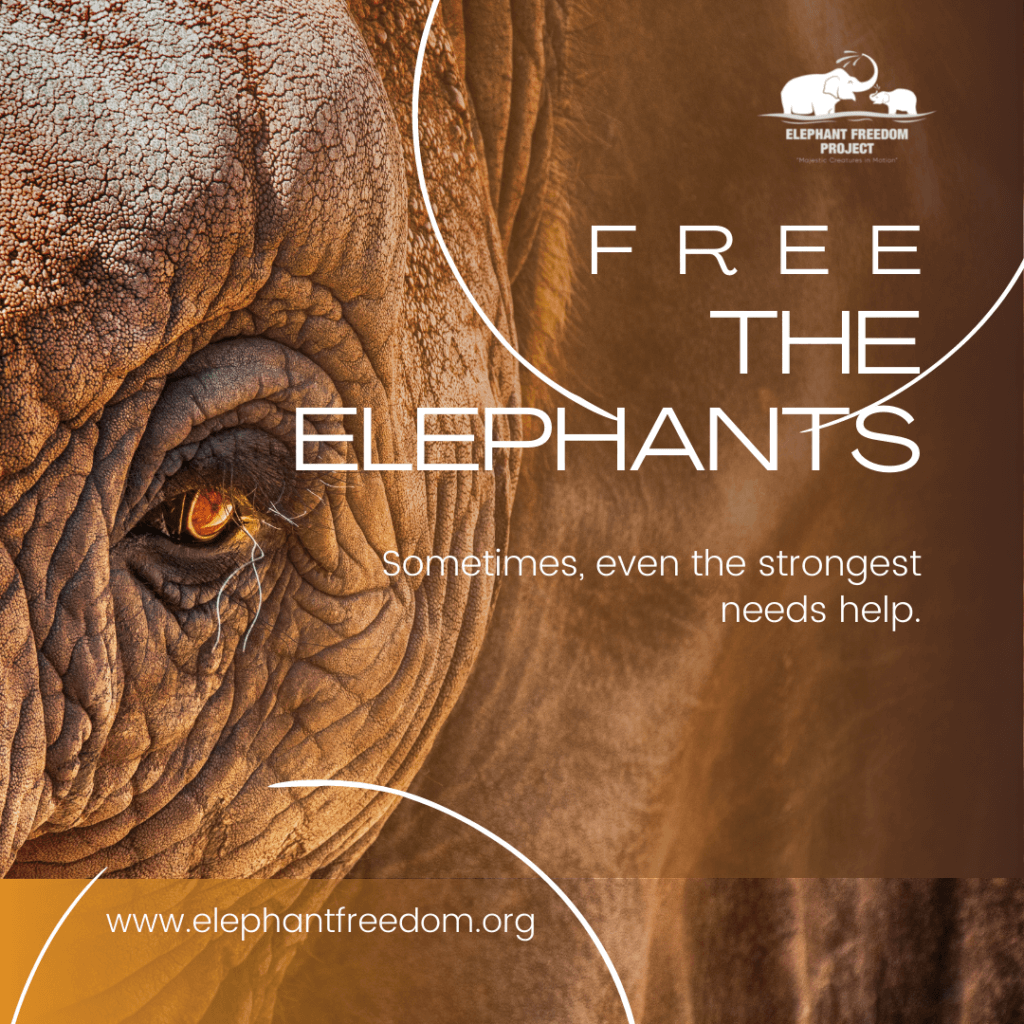#1 Reason Elephant Rides in Thailand Are Unethical And Cruel
Elephant Mistreatment in Thailand
Introduction
For many years, elephant rides in Thailand have been a popular tourist activity, attracting visitors worldwide. However, many do not realize that training and domesticating elephants involves significant mistreatment and abuse. This post will explore why elephant rides in Thailand are unethical and cruel and why we should all reconsider supporting this industry.
Although riding elephants in Thailand may seem like a fun adventure, the truth is that it is a cruel and inhumane activity. Elephants are intelligent and social animals that thrive in their natural habitats. They are subjected to extreme physical and emotional abuse when trained and domesticated for tourist entertainment. The process involves:
- Separating baby elephants from their mothers.
- Chaining them up.
- Subjecting them to physical and psychological torture to break their spirits and make them submissive.
All in the name of providing elephant rides in Thailand. Please read on to learn more about protecting these majestic creatures.
In addition to the mistreatment during the training process, the living conditions for domesticated elephants are often deplorable. They are kept in cramped and unsanitary conditions, often with little access to food and water. Their physical and emotional needs are often disregarded in favor of making a profit for the tourist industry. Further, the weight of tourists riding on the backs of elephants can cause long-term damage to their spines and hips, leading to chronic pain and discomfort.
Many elephants used for tourism activities also suffer from malnutrition, dehydration, and exhaustion due to being overworked. As responsible travelers, we must educate ourselves and take a stand against animal cruelty. Instead of riding elephants in Thailand, we can support ethical and sustainable tourism activities that prioritize the well-being of animals and their natural habitats.
This includes visiting reputable elephant sanctuaries in Thailand, where elephants can live in their natural habitats and roam freely without abuse. By making conscious choices, we can help end the mistreatment of elephants and promote responsible tourism practices.
Elephants in Thailand
Thailand is home to a large population of Asian elephants, with estimates suggesting that the country is home to around 3,000. Historically, elephants were used for various purposes in Thailand, including logging and transportation. However, tourism has emerged as the main driving force behind elephant exploitation in recent years. Today, many tourists come to Thailand to ride elephants, watch them perform in shows, or take selfies with them.
However, this has led to widespread animal abuse and neglect, as elephants are often kept in cruel conditions and subjected to physical and emotional trauma. Fortunately, many sustainable and ethical elephant sanctuaries in Thailand prioritize the well-being of the animals over profit. These sanctuaries provide a safe and natural environment for elephants and educate visitors about their behavior and conservation. Elephant Freedom Project is one such sanctuary, located in Chiang Mai.
The Process of Domestication
The training and domestication of elephants for tourism involve a process known as “phajaan,” which translates to “crushing” in English. During this process, baby elephants are separated from their mothers and placed in a small wooden cage where they are beaten, starved, and deprived of sleep until they become submissive to their handlers. This process is ruthless and traumatic for the baby elephants and can have long-lasting effects on their physical and mental well-being.
Despite this, the practice continues in many parts of the world as the demand for elephant rides in Thailand and performances in the tourism industry remains high. It is essential for travelers and tourists to be aware of the unethical treatment of elephants in these settings and to choose responsible, ethical alternatives when interacting with these incredible animals. This includes visiting ethical elephant sanctuaries that prioritize the welfare and well-being of the elephants over tourist entertainment.
The Impact on Elephants
The process of domestication has severe physical and mental impacts on elephants. Prolonged periods of mistreatment and abuse can lead to severe physical injuries, such as bruising and burns. They can cause long-term psychological damage, resulting in depression and PTSD-like symptoms. Elephants trained to perform for tourists are often chained up for long periods, made to carry heavy loads, and forced to walk on hot tarmac or concrete.
The Role of Tourists
Many tourists who visit Thailand are unaware of the cruelty behind the industry and believe that elephant riding is a harmless activity. However, visitors contribute to the demand for these activities by participating in elephant rides in Thailand and shows, thus perpetuating the cycle of exploitation and abuse. Many people fail to realize that elephants used for these activities are often taken from their natural habitats and subjected to brutal training, including physical abuse and starvation.
They are also forced to carry heavy loads and endure long hours of standing or walking on hard surfaces, leading to painful injuries and health problems. Furthermore, once these elephants are no longer helpful for tourism, they are often sold into the logging or begging industries, where their mistreatment continues. Tourists must educate themselves on elephant tourism’s realities and seek ethical and sustainable alternatives.
These can include visiting reputable sanctuaries or conservation centers that prioritize the well-being of the animals and promote responsible tourism practices. By doing so, visitors can support protecting and preserving these magnificent creatures rather than contributing to their suffering.
The Alternatives
Fortunately, many alternative ways exist to enjoy these majestic creatures without causing them harm. Responsible elephant sanctuaries allow visitors to observe elephants in their natural habitat and engage in activities that do not involve riding. Such activities include feeding, bathing, and walking alongside the elephants. These sanctuaries also prioritize the elephants’ welfare by providing proper medical care and ample space to roam freely. By supporting these sanctuaries, visitors can contribute to conserving these magnificent animals and help promote ethical and sustainable tourism practices. It is vital to research and choose a reputable elephant sanctuary in Thailand that prioritizes the well-being of the elephants and does not exploit them for profit.
Conclusion
In conclusion, the practice of elephant rides in Thailand is not only unethical but also cruel. By supporting alternative activities that do not involve riding elephants in Thailand, we can help end the mistreatment and abuse of these intelligent and majestic creatures. As responsible travelers, it is up to us to make a difference and ensure that the welfare of these creatures is protected.




Comments are closed.